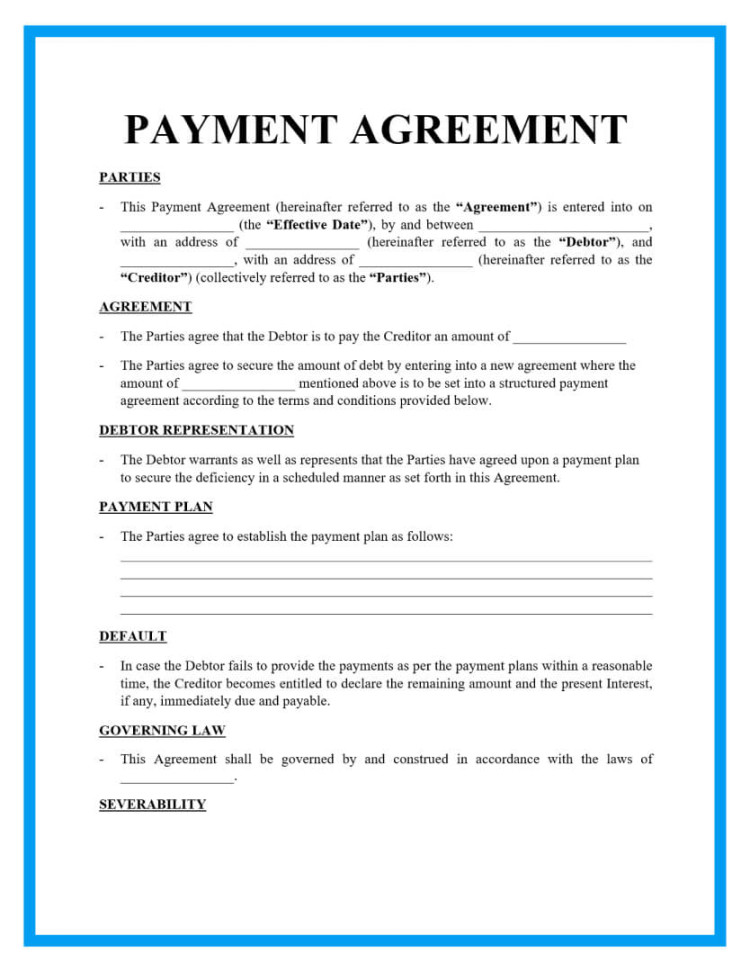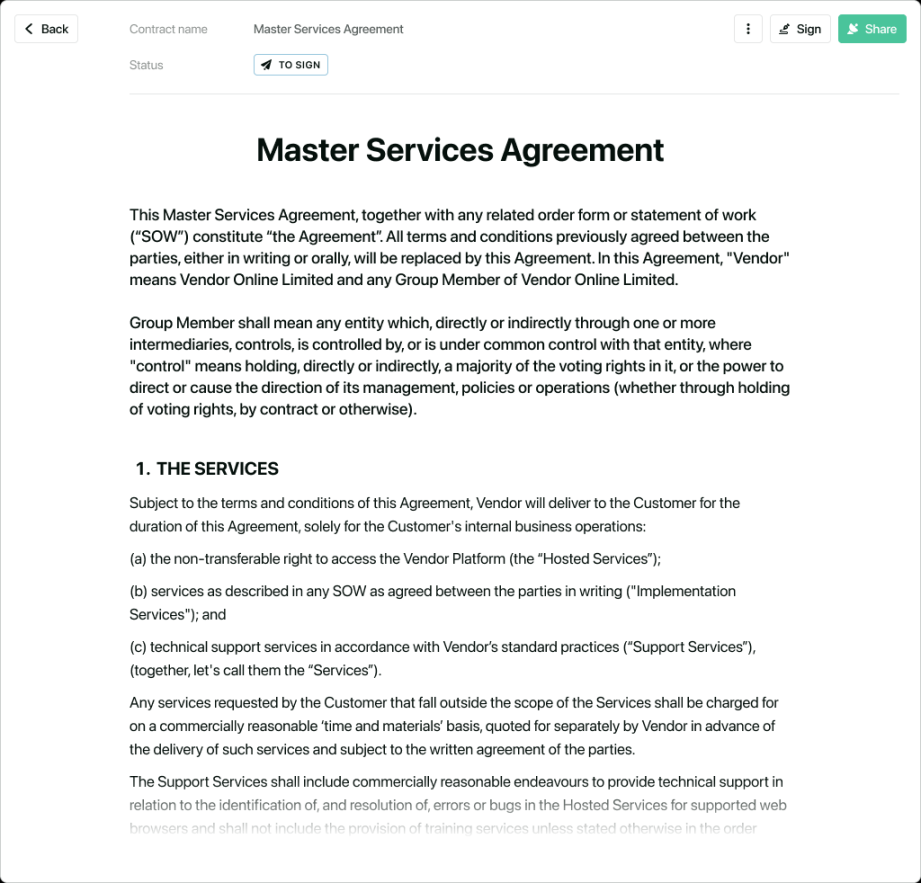A Negotiated Risk Agreement (NRA) is a critical document in project management and risk management. It outlines the specific risks that have been identified and agreed upon by all relevant stakeholders. This agreement details the strategies for mitigating, transferring, or accepting these risks.
Key Elements of a Negotiated Risk Agreement Template
A well-structured NRA template should include the following essential elements:
Project Identification

Image Source: signaturely.com
Project Name: Clearly state the project’s name.
Risk Identification and Assessment
Risk Register: Reference the project’s risk register, which should contain a comprehensive list of identified risks.
Risk Mitigation Strategies
Mitigation Actions: Specify the actions that will be taken to reduce the likelihood or impact of each risk.
Risk Transfer Strategies

Image Source: website-files.com
Insurance: Describe any insurance policies that will be purchased to transfer risk to an insurance provider.
Risk Acceptance Strategies
Accepted Risks: Identify the risks that will be accepted, along with the rationale for acceptance.
Monitoring and reporting
Risk Monitoring: Establish a process for regularly monitoring and tracking the identified risks.
Signatures and Approvals
Image Source:
Signatures: Include signature lines for all relevant stakeholders, such as the project manager, project sponsor, and key team members.
Design Elements for a Professional NRA Template
To create a professional and trustworthy NRA template, consider the following design elements:
Clear and Concise Language: Use clear and concise language to avoid confusion and ambiguity.
By carefully considering these elements, you can create an NRA template that is not only informative but also visually appealing and professional.